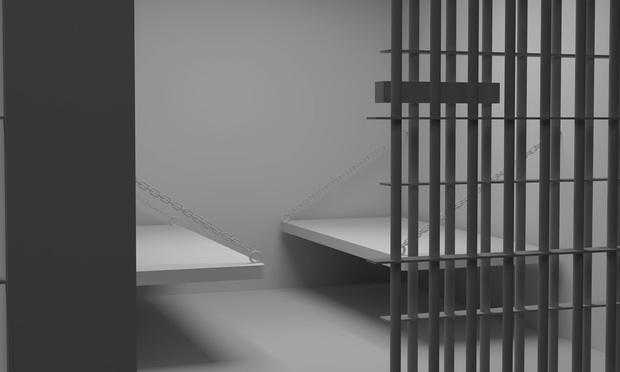In a precedential opinion, the Third Circuit Court of Appeals on Wednesday ruled that a Delaware prison’s blanket policy of conducting thrice-daily visual cavity searches of inmates held in isolation violated Fourth Amendment protections against unreasonable searches and seizures.
In so ruling, the Third Circuit joined at least eight other Courts of Appeals, which have concluded that the Fourth Amendment applies, in a narrow context, to bodily searches in prison. The three-judge panel said that the numerous and intrusive examinations unreasonably infringed on prisoners’ limited right to privacy.
This content has been archived. It is available through our partners, LexisNexis® and Bloomberg Law.
To view this content, please continue to their sites.
Not a Lexis Subscriber?
Subscribe Now
Not a Bloomberg Law Subscriber?
Subscribe Now
LexisNexis® and Bloomberg Law are third party online distributors of the broad collection of current and archived versions of ALM's legal news publications. LexisNexis® and Bloomberg Law customers are able to access and use ALM's content, including content from the National Law Journal, The American Lawyer, Legaltech News, The New York Law Journal, and Corporate Counsel, as well as other sources of legal information.
For questions call 1-877-256-2472 or contact us at [email protected]



